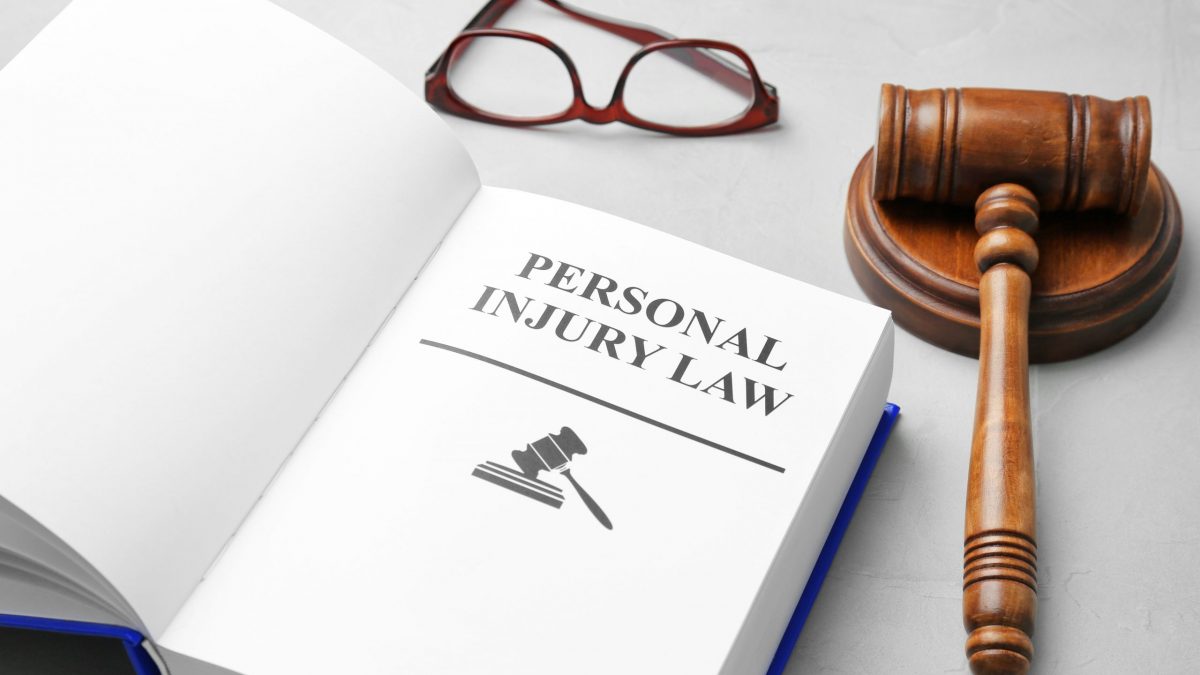
How to Find a Tutor Online
December 22, 2020
9 Tips For Balancing Your Professional And Personal Lives
December 22, 2020In recent years, personal injury cases have soared up, and the need for professional and dedicated personal injury attorneys is also increasing. A personal injury attorney performs many duties. Some include seeking justice on behalf of a client who suffers due to another entity/person’s negligence. Many personal injury lawsuits are under civil action where a victim seeks compensation for damages sustained due to negligence.
You may seek a personal injury lawyer’s services for cases such as a car accident, construction accident, among others. A personal injury attorney will assess every angle of your case to determine how you will be compensated. In this guide, we will switch our attention to the essential duties and responsibilities a personal injury attorney performs in detail.
1. Collecting and Assessing Evidence
Whether it’s a work accident, car accident, product liability case, or a sidewalk fall, the first steps of any case begin with collecting evidence. Additionally, this evidence needs to be collected as fast as possible before it’s tampered with. You can seek counsel from a personal injury attorney by visiting their physical office or through a legal website for your case. Collecting evidence involves recording statements from witnesses, assessing medical records, retrieval of surveillance footage, if any, and managing police reports. The early stages of a case are sensitive and most vital to your lawsuit. This is why you need to hire a competent firm that doesn’t take shortcuts with your case.
2. Professional Advice
A personal injury attorney will offer professional advice regarding your case. They can carefully analyze an issue and calculate a rough figure of the compensation you’re bound to receive. Additionally, he/she will offer you the right input regarding any documents required in a case. To help to make your case stronger and show the seriousness with which you deserve to be compensated, contact the Law Offices of Theodore A. Naima.
3. Prepare File Pleadings
When filing a lawsuit, an attorney must first draw up and file a complaint with the court where your case is supposed to take place. When a lawsuit is approved to proceed by the defendant, it’s placed in the courts’ calendar. A lawyer will need to serve the court and the defendant (s) with different documents and pleadings throughout a case. Your lawyer will contact you if there’s any information required in some of the pleadings.
4. Representation
If your case is not settled through litigation, mediation, or negotiation, the final option is to try your case before a jury. Additionally, you might be required to appear for a deposition. In both events, your attorney will be present on your behalf. This is why you should get the help of a lawyer who is competent enough to present your case professionally.
5. Fair Settlement
This is the most favorable aspect of why many people hire a personal injury attorney. Their experience and vast knowledge allow them to negotiate a fair settlement for your case. Many lawyers have a good understanding of dealing with insurance companies and other involved third parties. Additionally, they can level the playing ground for all parties involved since they are well trained in such matters.
Finally, a personal injury attorney will simplify the legal process for you. This helps you understand the rights you’re entitled to and the compensation you’re eligible to receive. The number one role of your lawyer is to ensure that you receive reasonable compensation for your injury. This is why we insist on working with a competent lawyer who understands the full complexity of your case.





